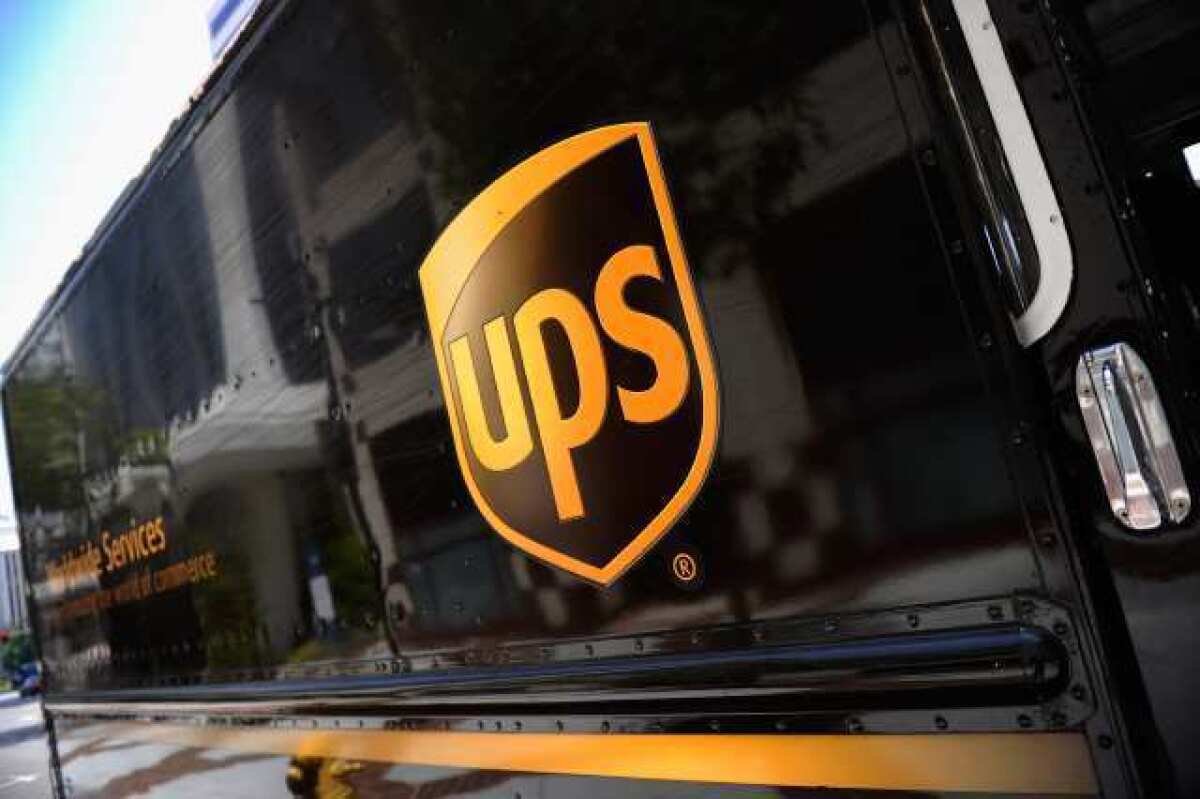UPS goes European with $6.8 billion purchase of TNT Express

The United Parcel Service Inc.’s brown-suited hordes will have even more access to Europe once the delivery giant’s new $6.8 billion deal with Dutch company TNT Express goes through.
Hoofddorp, Netherlands-based TNT agreed to be bought by UPS for 9.5 euros, or $12.55 a share after rejecting an earlier bid for 9 euros, or $11.88 a share. That’s a 54% premium on TNT’s $8.16 closing price on Feb. 16, the last trading day before acquisition talks were first announced.
The deal, executives said, means more besteldienst for everyone. That’s Dutch for “parcels delivery.”
UPS is looking forward to tapping TNT’s extensive road freight network through the continent and expects the purchase to boost its performance in Asia and Latin America as well.
The joint company is expected to pull in $60 billion in annual revenue a year, with about 36% of sales generated outside the U.S. Atlanta-based UPS said Jan. 31 that its full-year revenue for 2011 was up 7.2% to $53.1 billion, with just over a quarter of the amount coming from abroad.
UPS currently serves 220 countries and territories.
The arrangement with TNT would allow UPS to catch up to the current leader in Europe: Deutsche Post DHL. Deutsche Post claimed 17.6% of the parcels delivery market on the continent in 2010, according to research group Transport Intelligence. TNT had 9.6% while UPS had 7.7%.
“The additional capabilities and broadened global footprint will support the growth and globalization of our customers’ businesses,” said UPS Chief Executive Scott Davis in a statement.
The companies said in a joint note that they expect regulatory approval for the deal by the end of the third quarter.
RELATED:
Amazon may deliver packages to 7-Eleven lockers
UPS delivering 26 million parcels Thursday; viral FedEx video
U.S. Postal Service proposes cuts that would slow mail delivery
More to Read
Inside the business of entertainment
The Wide Shot brings you news, analysis and insights on everything from streaming wars to production — and what it all means for the future.
You may occasionally receive promotional content from the Los Angeles Times.









